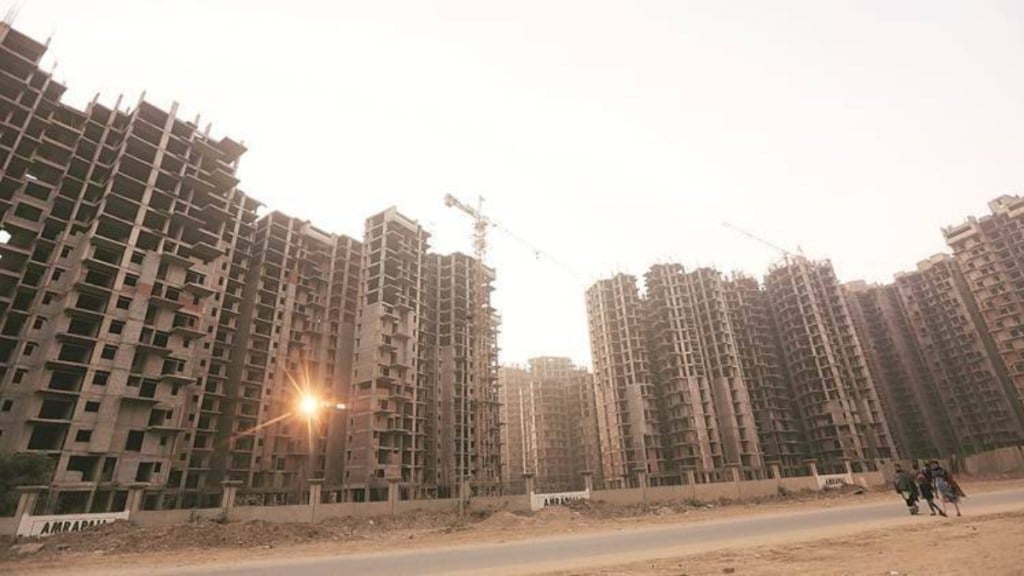Large chunks of spaces in IT and ITeS Special Economic Zones (SEZ) in the country are lying vacant with companies no longer interested in housing their companies in SEZs.
Atul Chordia, chairman, Panchshil Realty, which operates large SEZs in Pune, said SEZ developers are struggling as the SEZ policy was not extended and also, there have been no steps to release space under the SEZs.
“There is no direct tax incentive while the cost of compliance for companies operating in the SEZ was high so companies were bypassing SEZ office space,” Chordia said. Developers and units in the SEZ have appealed for releasing parts of the SEZ but this has not been allowed, so a huge part of the real estate is locked this was a national waste and even a partial de-notification would help, he added. New SEZ occupiers and developers are not eligible to receive direct tax benefits, but compliance and procedures continue.
The situation is similar in other cities. Sundari Patibandla, co-founder and CEO, iSprout, a Hyderabad-headquartered managed office spaces company, said around 1 million square feet could be lying vacant in Hyderabad. The situation is similar in Chennai and Bengaluru. “If they are allowed to release some parts, it would be a relief as some of the best infrastructure created by the real estate sector was lying vacant. In some SEZs, vacancies could be up to 80% and developers are finding it difficult to hold it for such a long time,” she said.
According to the real estate consultancy and investment management firm JLL, the total SEZ stock across seven top cities in the country was at 188 million sq ft, and around 16% of the space was currently vacant. So, around 30 million sq ft of space could be vacant at present.
According to a Cushman and Wakefield Research report on the SEZ Sunset Clause Report, the ITSEZs had a majority share of exports from SEZ with 136 operational IT/ITeS/electronics SEZs compared to 95 other SEZs. Of the total notified SEZs, 236 were IT/ITeS/electronics while 119 were others. According to the Cushman report, Chennai, Hyderabad, Bengaluru, Pune, Delhi-NCR and Mumbai had the largest share of the SEZs in the country. SEZs have also, on average, accounted for approximately one-third share of the annual gross leasing volumes since 2014.
The average pan-India vacancy in the SEZs in 2019 was 7.3% compared to 13.2% in the overall office space with the lowest vacancy in Pune at 3.8%, Hyderabad at 5%, Bengaluru at 4.8% and Chennai at 7.5%. The ministry of commerce and industry-appointed committee headed by Baba Kalyani had recommended relaxing procedures for developers and tenants to improve operational and exit issues. The finance minister had in the 2022-23 budget said the Special Economic Zones Act would be replaced with a new legislation that would enable optimal use of available infrastructure and enhance the competitiveness of exports. The developers are hopeful of the Development of Enterprise and Service Hubs (DESH) Bill that will replace SEZ Act of 2005 would provide some relief.

